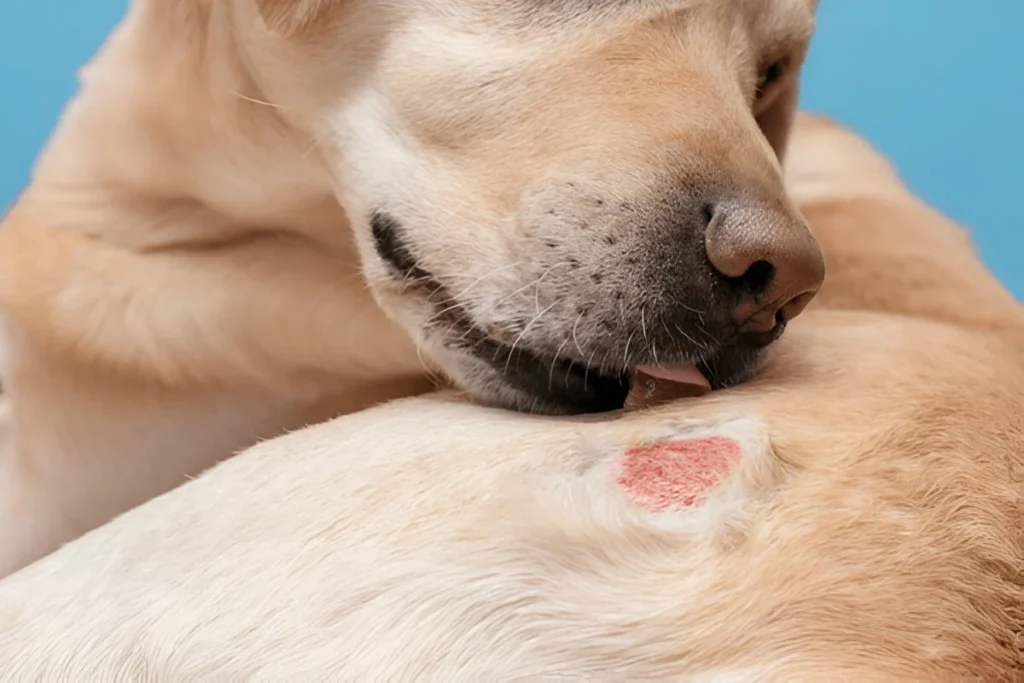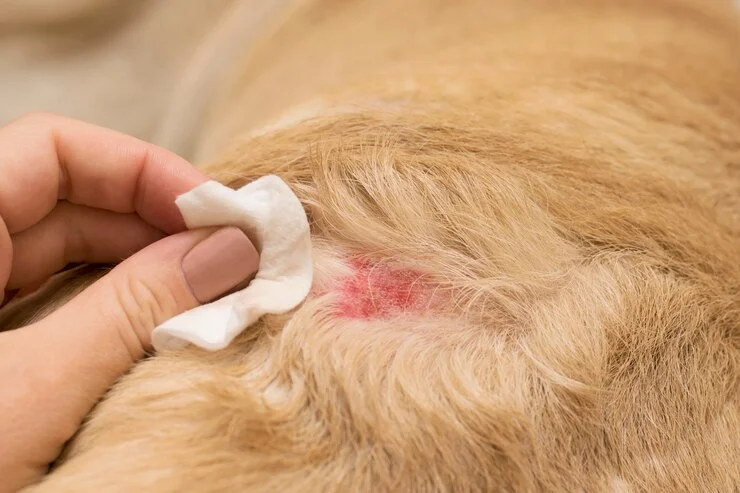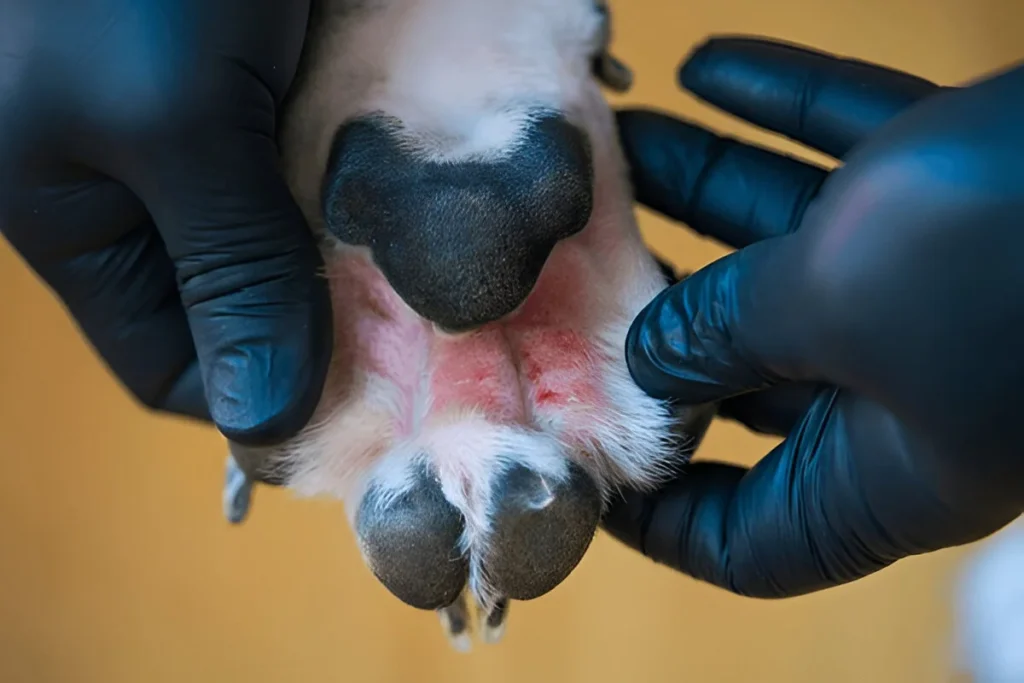-
Kutchina service center, Kolkata - 700010
Kutchina service center, Kolkata - 700010

Protect your pets from seasonal allergies with expert tips, care routines, and preventive measures shared by trusted veterinary professionals.
From runny noses to constant itching, seasonal allergies can be just as uncomfortable for pets as they are for humans. Yet, pet parents often overlook the subtle signs—mistaking them for normal behavior or minor issues.
As pet seasons shift, allergens such as pollen, dust mites, mold spores, and even certain grasses can trigger reactions in both dogs and cats. These allergic responses can affect the skin, respiratory system, eyes, and ears, reducing your pet’s comfort and overall well-being.
Knowing how to protect your pets from seasonal allergies is not just about reacting to symptoms—it’s about preventing flare-ups and building a healthier lifestyle year-round.

Before you learn how to protect your furry friend, it helps to know what you’re protecting them from. Common culprits include:
These allergens usually increase during spring and fall, but symptoms may show up year-round depending on your environment.
Symptoms vary, but common signs of seasonal allergies in pets include:
If these symptoms show up during a particular season each year, it’s time to dig deeper into prevention and care.

When it comes to protecting your pets, a proactive and informed approach makes all the difference. Here are several strategies that align with veterinary best practices and pet care trends:
These habits reduce your pet’s contact with environmental allergens.
Allergy-friendly grooming routines help remove trapped allergens from fur and skin.
For pets with long hair or sensitive skin, ask a veterinary groomer to guide the right approach.
A strong immune system starts in the gut. Choose foods that are:
Supplements like fish oil, probiotics, and certain vitamins may also help—under professional guidance.
Sometimes, grooming and diet aren’t enough. In such cases, vets may recommend:
Never medicate your pet without veterinary consultation—what works for humans can be harmful to pets.
While it’s healthy for pets to get fresh air, exposure to pollen-heavy areas can trigger symptoms.
These small adjustments can protect your pets from unnecessary allergen overload.
Many allergy symptoms can mimic or mask other issues like skin infections, food sensitivities, or thyroid problems. Regular checkups help:
Consulting a reputed pet clinic or your trusted veterinarian ensures your care strategy remains current and effective.
Pet allergies often don’t stick to a strict calendar. To build long-term resilience:
The goal is to create a system where you’re not just treating symptoms but preventing them.
Any breed or mix can develop allergies, though some may be more prone genetically.
They can lead to chronic infections, open wounds, and behavioral stress if left untreated.
Only certain human medications are safe for animals, and even then, dosage matters. Always check with a vet.

Q1. Can seasonal allergies in pets be cured permanently?
Not always. Most allergies are managed long-term through prevention and symptom control.
Q2. Are there natural remedies to ease pet allergies?
Yes, but they must be approved by your vet. Oatmeal baths, certain oils, and vet-grade supplements may help.
Q3. How do I know if it’s an allergy or something else?
A vet can perform tests to differentiate between allergies, infections, and other health conditions.
Q4. Can food cause or worsen seasonal allergies?
Yes. Some pets are sensitive to both environmental and food allergens. A limited-ingredient diet may help identify triggers.
Q5. Should I keep my pet indoors during allergy season?
Not entirely, but monitoring and limiting exposure, combined with post-walk cleaning, can reduce allergic reactions.
Seasonal allergies are more than just a seasonal nuisance—they affect your pet’s mood, comfort, and long-term wellness. The good news is that with the right care routines, smart prevention strategies, and occasional professional guidance, you can protect your pets from these challenges and keep them comfortable year-round.
Remember, each pet is different. What works for one may not suit another. If symptoms persist or worsen, don’t guess—seek support from experienced professionals who can offer tailored solutions backed by medical expertise.
By staying informed and attentive, you’re not just reducing sneezes and scratches—you’re improving your pet’s quality of life.